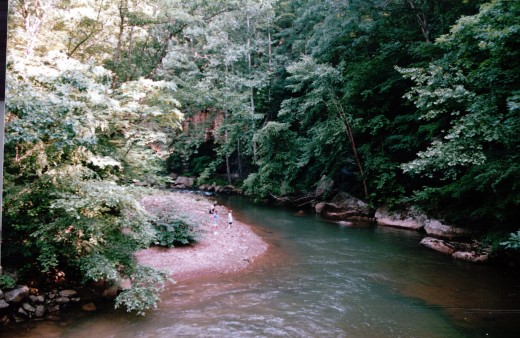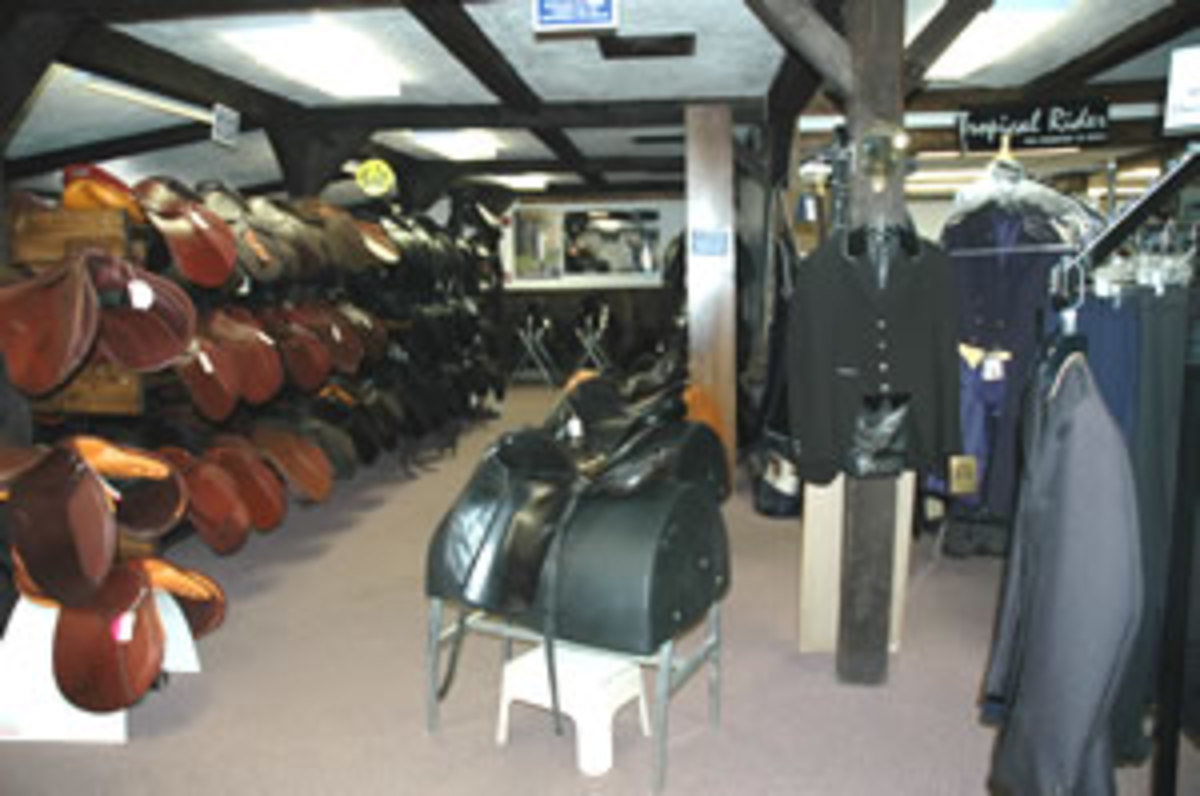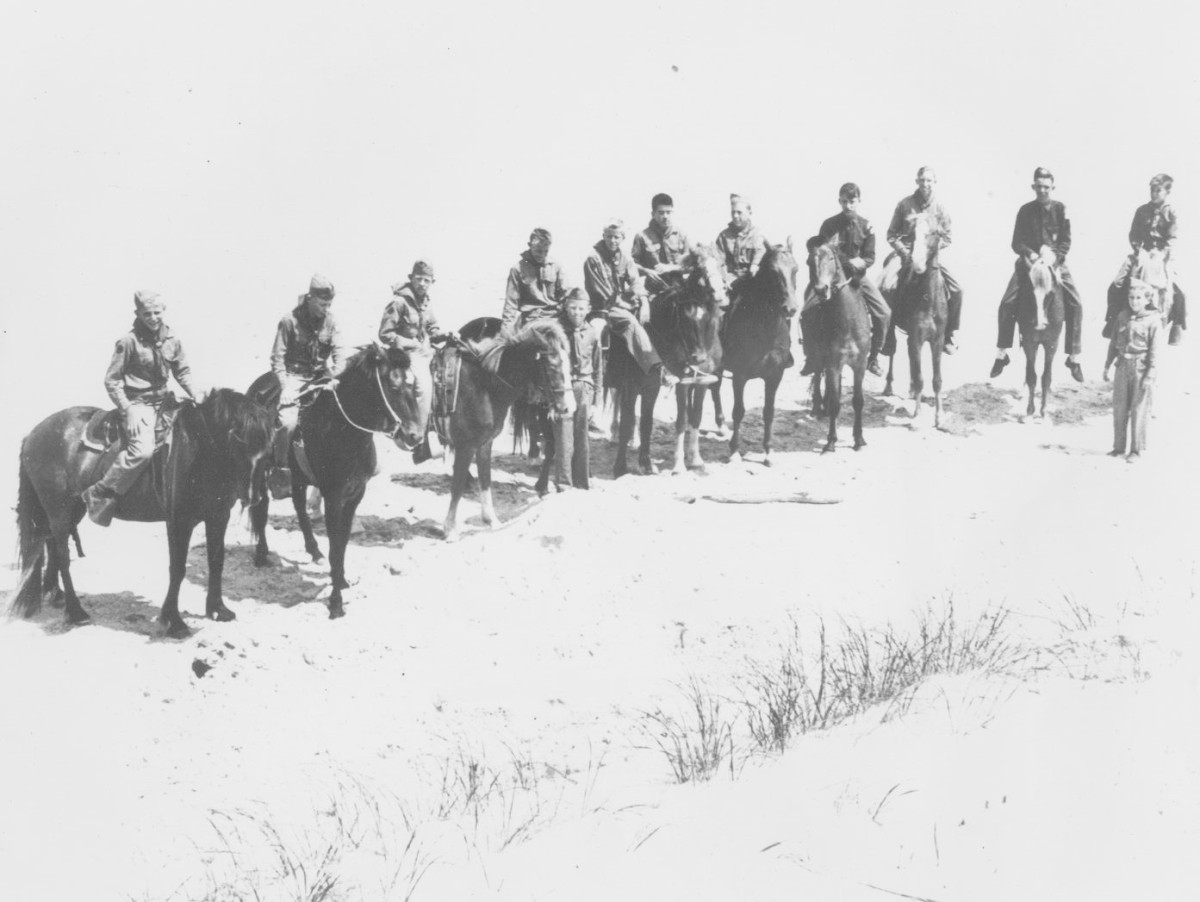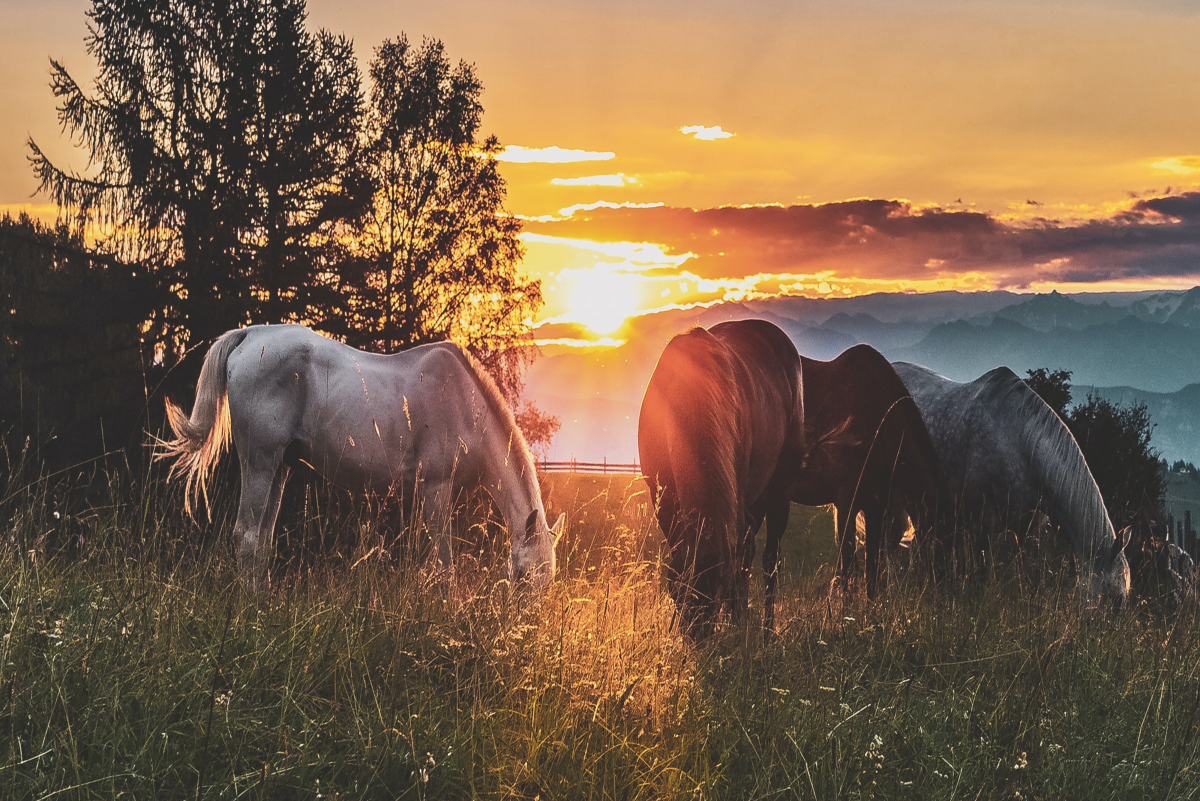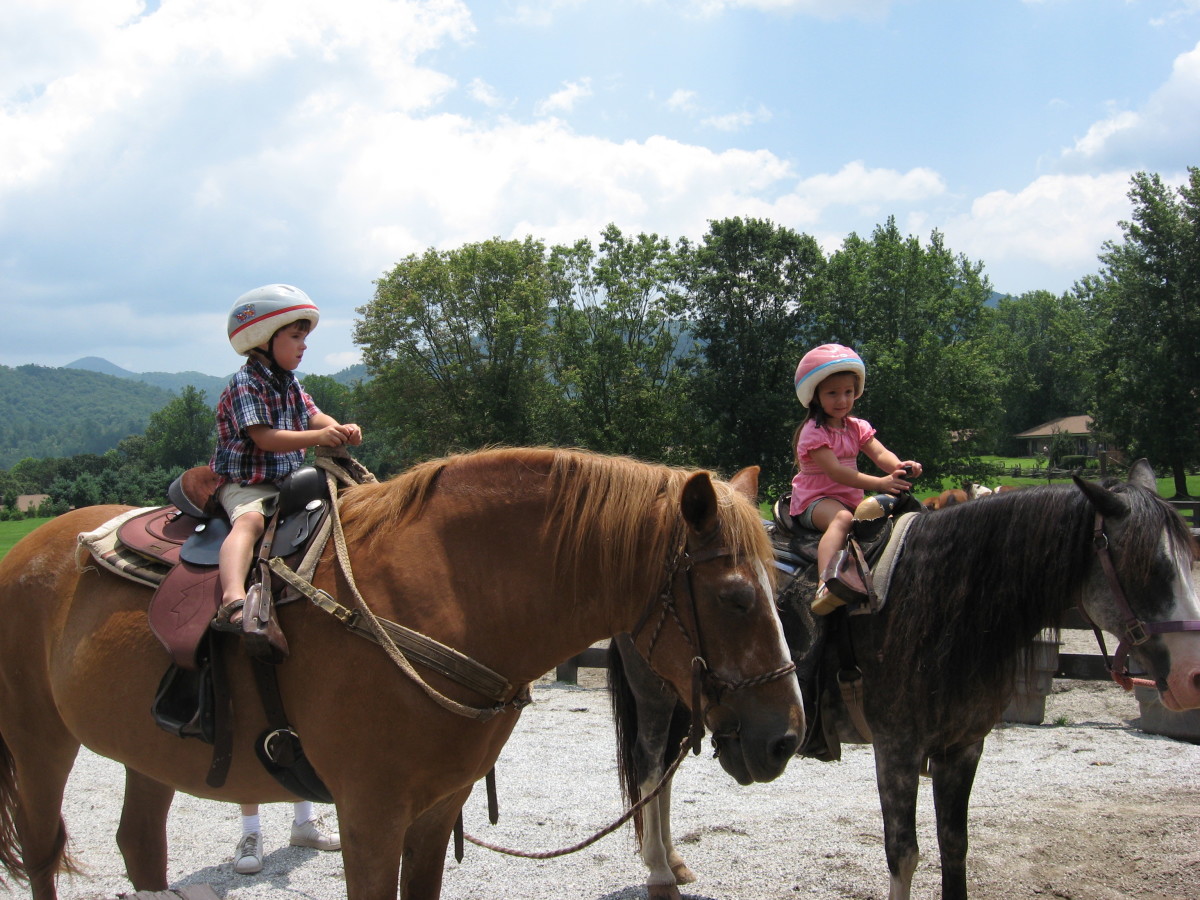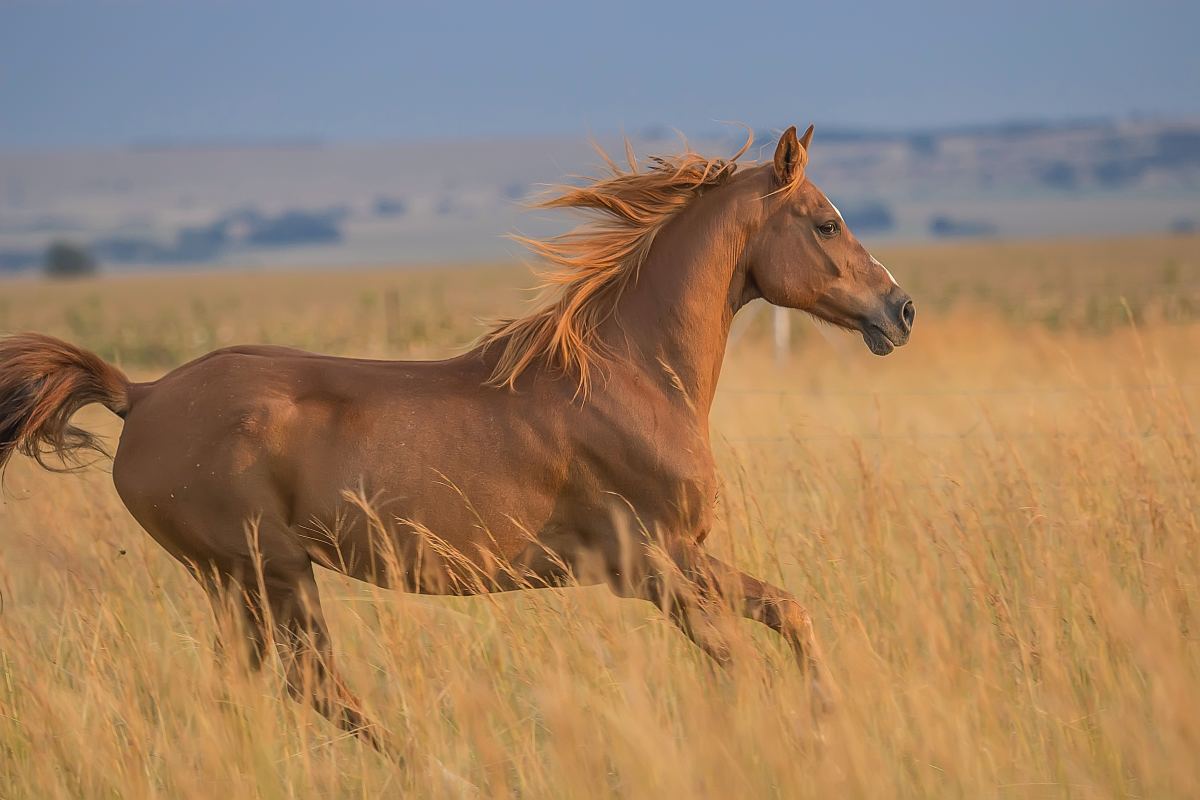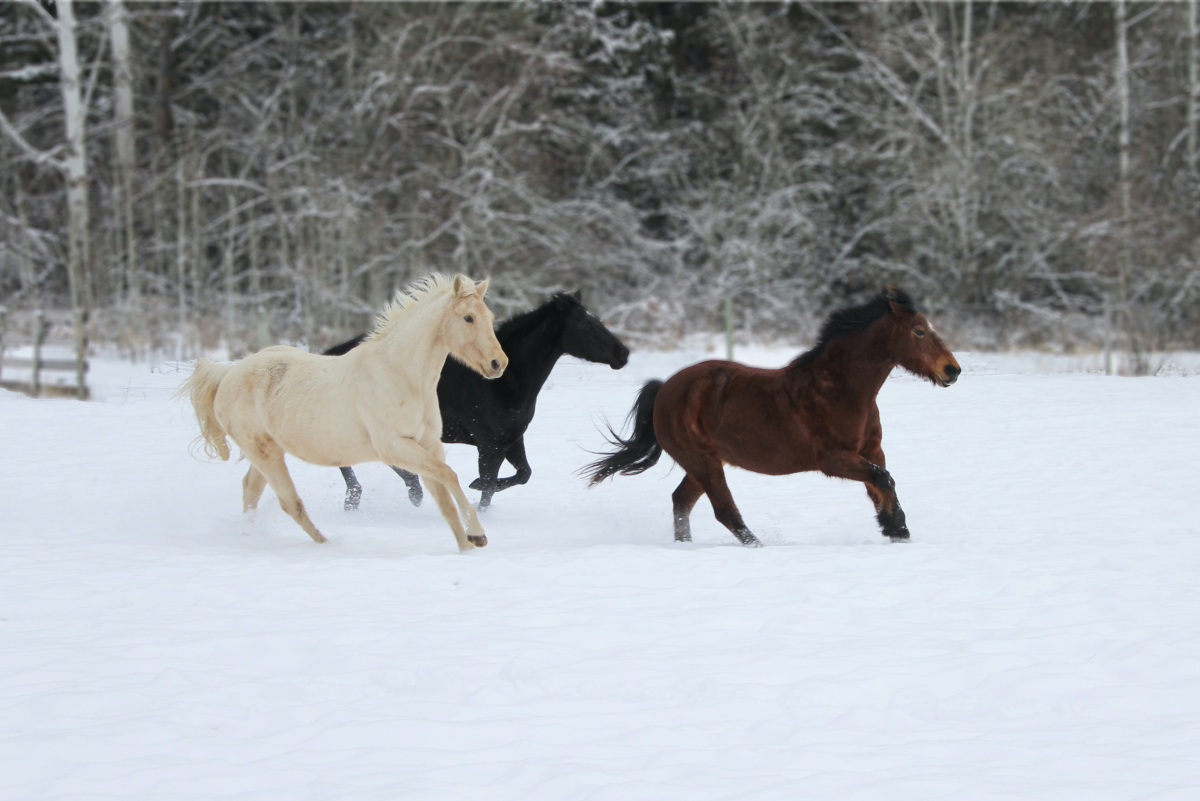A Time Long Forgotten
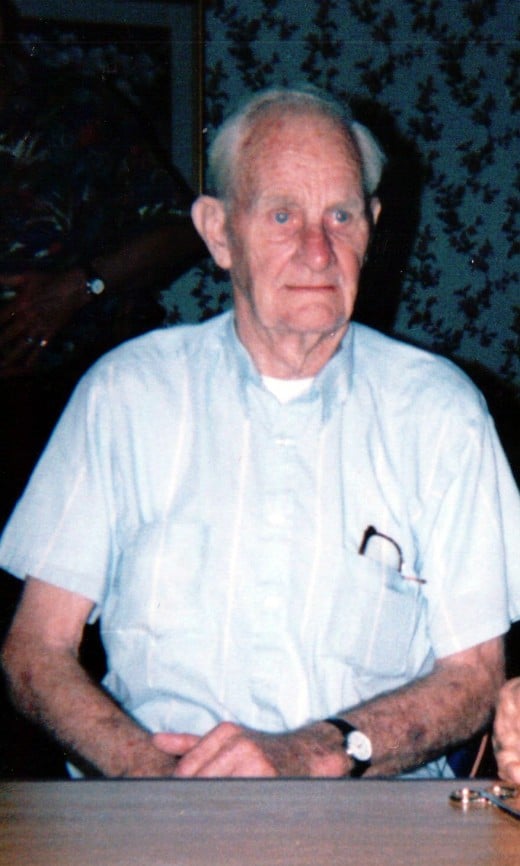
A Great Storyteller
There is an art to storytelling. Not everybody can master it. But my grandfather was one of the greatest storytellers I ever knew. Ever since I was a child, I could remember sitting on the back porch, listening to an endless number of stories about World War II, and his childhood growing up in the hills of wild, wonderful West Virginia. I was mesmerized by his body language, and the tone of his voice as he seemed to make each character come to life. Although he was only a high school graduate, he was a man of worldly knowledge. The type of knowledge that could only be acquired by living. Living in a time long forgotten.
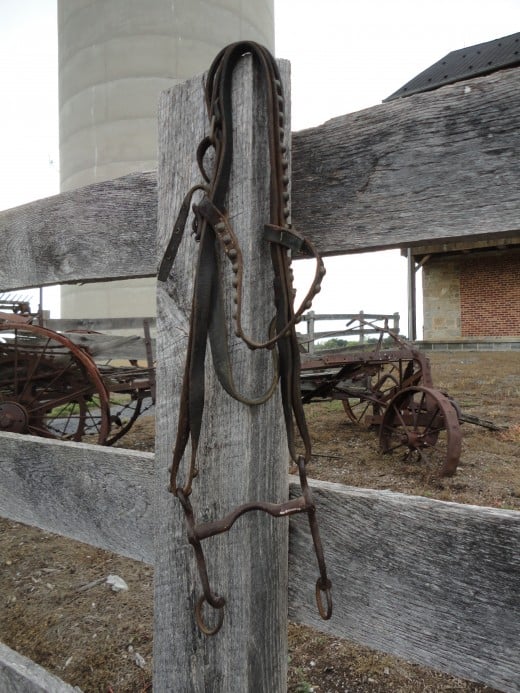
The Ol' Bridle
In all the years of listening to his stories, I never heard my grandfather make mention of the word "horse." One day, out of the clear blue, he walked over to me, and handed me an old leather bridle with worn brass studs. I just stared at the old bridle with my jaw half gaped open as if someone had just handed me the Crowned Jewels.
As I rubbed my fingers on the ol' rusty bit, I could remember galloping around my grandparents' yard as a child with an old broom handle for a horse. My grandmother had swiped one of my grandfather's old socks, and sewed button eyes on it. Then with some afghan yarn, she made a long, flowing, yellow mane, and stuffed the sock with rags. She was always good for making something out of nothing. After a while, my grandfather got to wondering why none of his socks had any mates! It seemed like when I'd tire out one broom, I'd grab another and ride for hours. My, how I loved to ride horses, if only in my dreams.
My grandfather said he found the old bridle hanging in my great-grandfather's barn. I could remember spending many a summers at his place. He was a kind, gentle man, who worshiped the ground I walked on. Although I visited often, I never strayed far from the house for fear of rattlesnakes and mountain lions that seemed to overrun that part of the country. I grew up hearing the old wives tale that rattlesnakes and black snakes could interbreed, so the mere thought of it was enough to make me stay far away from the delapatated barn. About the only thing that remains of farm life now is a couple of run down fence posts, and some overgrown cow pastures.
A Pony Named Little Bill
Looking back through the years, I don't recall seeing hide nor hair of any horse at my great-grandparents' farm.
"Grandpa, this looks like a pony bit," I said, examining the bridle. "I didn't know Great-grandpa had a pony?"
"Seems to me, we had a pony when I was about seven or eight years old," said my grandfather, making his way over to the couch to lie down. He had chronic leukemia, and although his body was failing fast, his mind was still as sharp as a tack. He had just celebrated his 78th birthday.
"What color was your pony?" I asked.
My grandfather thought hard for a minute, and then replied, "It was a bay pony with a few freckled spots. We called him Little Bill. I imagine that pony bridle probably belonged to him."
I clinched the old bridle in my hands. It was the missing link that I had been searching for all these years. I always wondered who I had inherited my love of horses from. My grandfather was always too busy working to spend much time with me as a child. Now, in these past few months, he seemed to have all the time in the world for me.
He continued . . . "We all took turns ridin' Little Bill: Wesley, Tennyson, me. There were about eight of us kids when we all got together. We didn't have a saddle for him though, just a set of harnesses."
"No saddle?" I said, sipping on a cup of my grandmother's coal black coffee. It was so strong it would almost make a person's hair stand on end!
"We'd jump on Little Bill, and that pony would fly like lightnin' for about 50 yards. Then he'd just come to a complete stop, and over his head we flew!" said my grandfather with a chuckle, shaking his head. "We used to make bets as to who could stay on him the longest."
His face seemed to come alive with memories as he recalled those days. He laid on the couch with his hands folded and his eyes half closed, listening to one of those country music stations. He was a little hard of hearing, and I always felt as though I had to compete with the radio for attention.
I leaned back in the chair examining the pony bridle. Its worn leather had withstood years of weathering, but it still had plenty of life. I noticed that my grandfather had drifted off into time for a moment. Sometimes, he'd just fall a sleep right in the middle of our conversation.
"Grandpa . . . Grandpa, are you awake?" I asked.
"Yeah, that Little Bill . . . He sure was something," said my grandfather, picking up in the middle of our conversation, where he had left off. "He'd pull a plow the same as any horse."
It was then I realized that horses weren't considered a luxury item. They were a necessity. Back when my grandfather was growing up, they were a way of life, a way of going. Even today, long after the horse has been replaced by the automobile, everything is still referred to in terms of "horse power."
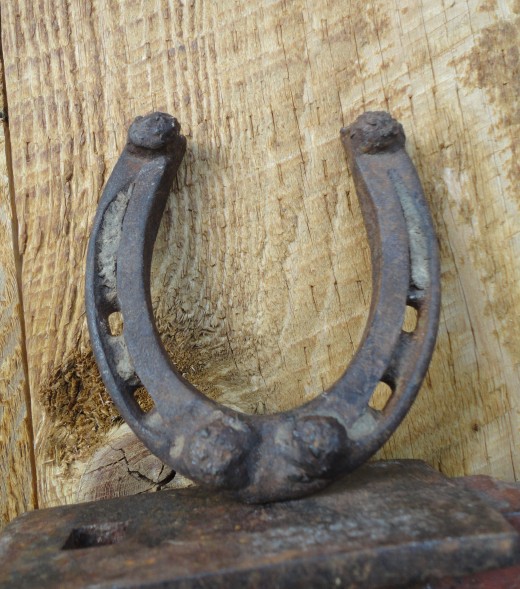
Blacksmiths in the Family
I sat on the back porch, listening to stories of how my great-grandfather used to lumber the trees off the mountain. He had a matched pair of horses--jet black with white stars in the middle of their foreheads. Each horse weighed about 1600 pounds, probably Percherons. My great-grandfather would load about 10 logs at a time onto his wagon. Then with his team of horses, he'd take the logs into town and sell them for supplies. A man down at the lumber mill had an instrument that measured the circumference of each log and its length. Most of the logs were about two- to three-feet in diameter. Then a person knew just how much supplies he could buy.
My great-grandfather did all of his own doctoring and shoeing. He marked each hoof with a large carpenter's pencil, and placed a little "X" where the nail was supposed to come up through.
"I've seen Dad and my grandfather, Ike, drive those nails up on an angle, and they'd come right up through the pencil mark. Then they'd bend 'em over," My grandfather said. "Dad always left the toes long, so the hoof would dig into the ground for better traction. It made it easier on the horses pullin' those heavy logs off the mountain."
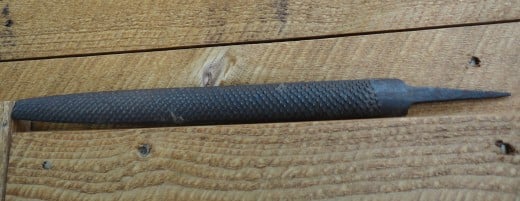
A Time Long Forgotten
My great grandparents had a cellar filled with blackberries, huckleberries, bear meat, jars of squirrels, and slabs of bacon. They raised just about everything on the farm, except for pepper, flour, and kerosene. They even grew their own corn, and would take it to the mill in Webster Springs to have it ground up into meal for corn bread.
"Why, I never knew what white bread was until I went to school," my grandfather said. "Me and another boy used to trade bread. The other boy lived in town, and ate white bread. He didn't know he was getting the lesser end of the deal."
My great-grandfather would hitch his team of horses up to the wagon loaded down with corn, and head down Miller's Mountain to the mill in town, which was about eight miles. My grandfather and his brother Tennyson took turns riding Little Bill, following the wagon down the long, windy road.
"I never saw Dad whip any of the horses, and we sure as heck better not have!" my grandfather said. "I can still hear Dad saying, 'Get on up there horse. You're not pullin' your weight.' Then he'd smack the reins on the horse's butt until it got up next to the other one."
They always took an extra horse along to bring the kerosene back. They made sure that the kerosene was packed good, or else it would "take the hide right off the horse!" The kerosene was kept separate from the supplies in case it accidentally leaked out. Two gallon jugs of kerosene would last about a week--enough to light about 5 lamps, and it wasn't waisted on lighting fires.
My grandfather's uncle Mac Carpenter had a general store in town. He had a barn out back with about 10 stalls. A person could keep their horses there while they looked around town. He charged 10 cents for a bucket of feed, and each horse drank from his own water bucket, a large metal wash pan.
"Sometimes, we'd scrounge up an extra five cents, and go to the movies," my grandfather said.
Then they'd load the wagon up with supplies, and head back up the mountain along the Elk River. Little Bill in the rear . . .
The same horse that plowed the fields, pulled the wagon, transported supplies, and entertained children was once worth its weight in gold. Now, it's sad to think of it as only being worth pennies per pound.
A time when a man's livelihood depended on that of his horse has long been forgotten.
